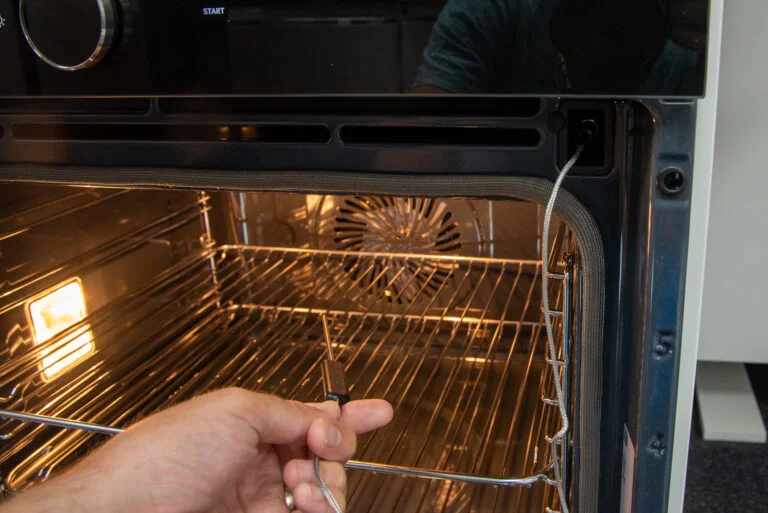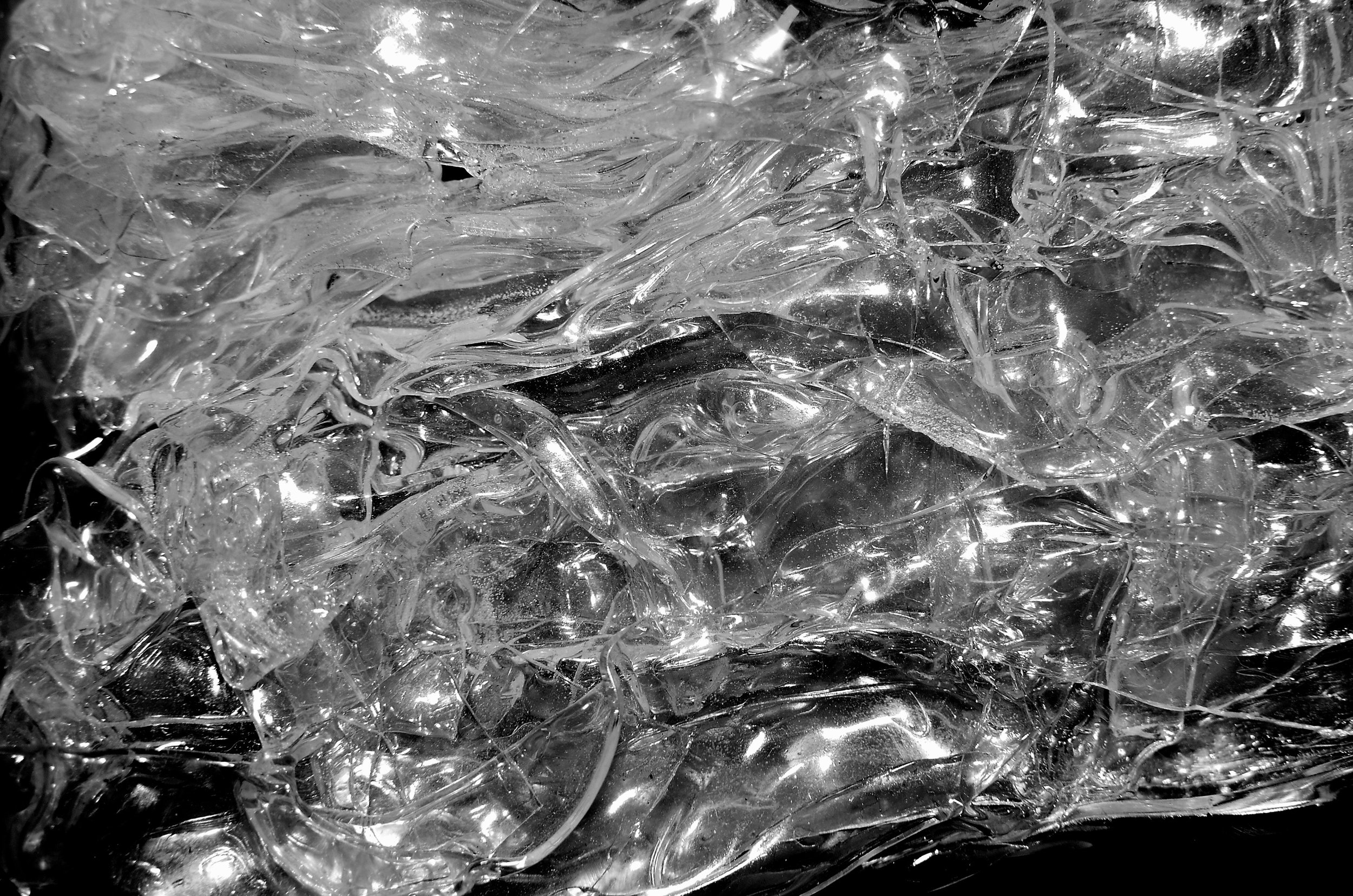What Is Going On And What’s Wrong With My Oven?
Picture this: You're making dinner for your family, and you realize that after half an hour, the oven hasn't beeped to say it's been preheated. You go to check on it and realize that the oven is off. You push a few buttons, thinking, ‘that's odd I know I turned it on’, and instead, you have an oven that won't turn on. Your breaker flipped somehow. You go to fix it and start the process all over. Weird, but not the end of the world. What if it keeps happening, though? That's when you have to question, “why does my oven keep flipping my breaker?”
There are three main causes that will make it happen. It could be that you have a faulty heating element. It could be that there is an electrical short in your home. Or it could be that there is a circuit overload in the system. We'll go over these one-by-one and help you tell how to identify between each of them.
It Could Be a Broken Heating Element
Let's start at the most common cause of this issue. If your breaker for your oven is flipping it might be because a heating element is broken. This can either be the heating element itself or the power source to the heating element. If this happens your circuit breaker will perceive it as a dangerous shift in the amount of amperage in the circuit and trip in order to keep you safe. This is built into the system in order to prevent electrical fires.
If you do determine that one or more of the heating elements in your oven is broken you will need to do a few steps. One unplug the oven completely from the wall and if possible, pull it out a little bit as well. This is to ensure your safety. What you're doing is giving the oven the chance to discharge any and all electricity.
Next call a technician. Going in and attempting to repair or change out a heating element on your own is it dangerous and is not something we recommend.
It Might Be A Short In the Electrical System
Your next most common cause of a consistently tripping circuit breaker is that there is a short in the electrical system. This can occur anywhere from the circuit panel itself all the way to the heating outlet of your oven. Look out for the smell of burning rubber or plastic, whether the oven is on or not. Also, keep an eye out for smoke. (Good news! The oven smoking because you burnt the turkey is not an electrical short.)
Fortunately, if this is the issue, not only is it less expensive, it is also easier to fix. We still recommend unplugging the oven and calling a technician in order to ensure both of your safety and that of the tech coming to your aid.
Or You Might Be Dealing With A Circuit Overload
Your final possibility, although admittedly the least likely, is that you are having a circuit overloaded. This would mean that the circuit that your oven is on is drawing so much power that the circuit breaker believes there is an issue. This means that there are too many items consuming electricity on the same circuit. Now the trick here is to figure out whether you actually have too many items or whether your oven is not on a circuit that is strong enough for it. For this, you'll need to start by figuring out which circuit your oven is on.
Normally this is pretty easy. All you have to do is go to your breaker box and find out which one is labeled kitchen. However, occasionally you'll be in an older home where the breaker wasn't labeled when it was installed. And so you're going to have to check one by one, switching breakers off. Once you have the correct breaker isolated, start unplugging items that are on that breaker. You want to see at what point you can have your oven on and other items plugged in. If you get to the point that you have everything unplugged and when you turn the oven on it still gets flipped off by the circuit breaker, there is another potential answer.
That is that your oven is on an outlet that is too small or it is not high enough power. While this is uncommon, it does happen occasionally, especially if construction was rushed in your neighborhood or if the oven you brought with you from your old home is sized to a different power outlet. Fortunately, both of these are extremely uncommon, and it is far more likely that your issue will be related to one of the earlier two points that we made.
If you have isolated everything else and guaranteed that your issue is indeed tied to your circuit breaker, then you will not necessarily need a technician so much as an electrician they will actually be the first call that you make. However, we do still suggest unplugging the oven for safety sake.
Are there any reasons for an oven to cause your circuit breaker to flip that we missed? Let us know over on our Facebook page as we would love to hear from you!
If you followed our tips and found out that yes it is one of the first two causes, feel free to reach out. We would be more than happy to help you in repairing your oven and get your home running smoothly again. You can reach out to us with a phone call or by going over to our contact page. At Appliance Rescue Service, our goal is to get your home running smoothly again.


















